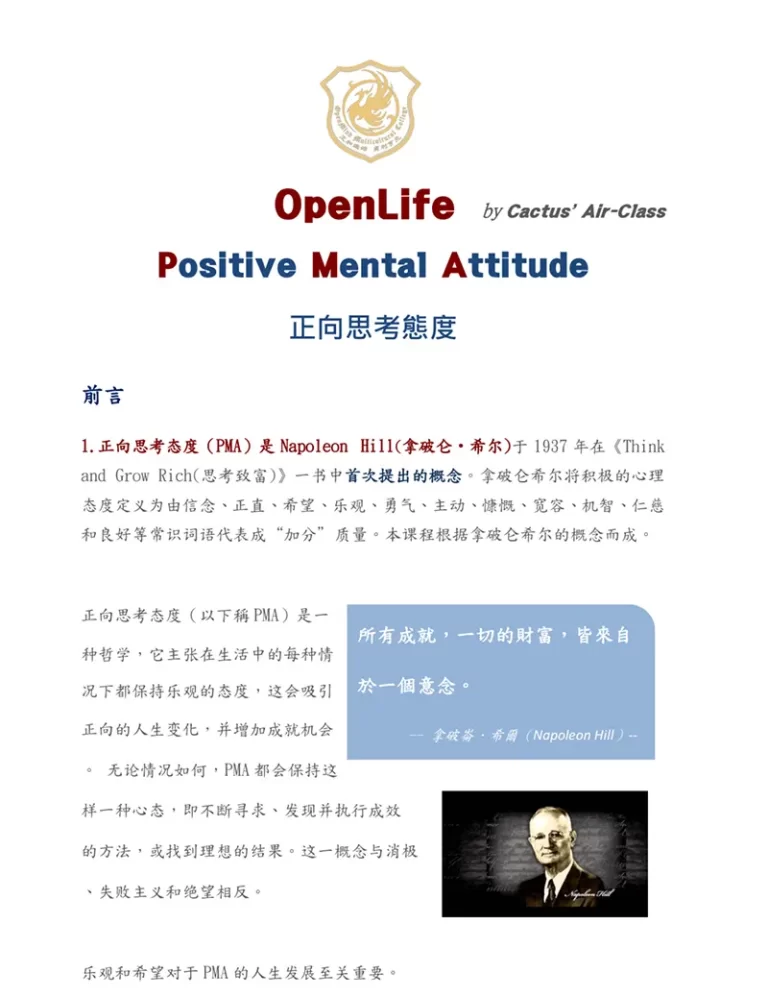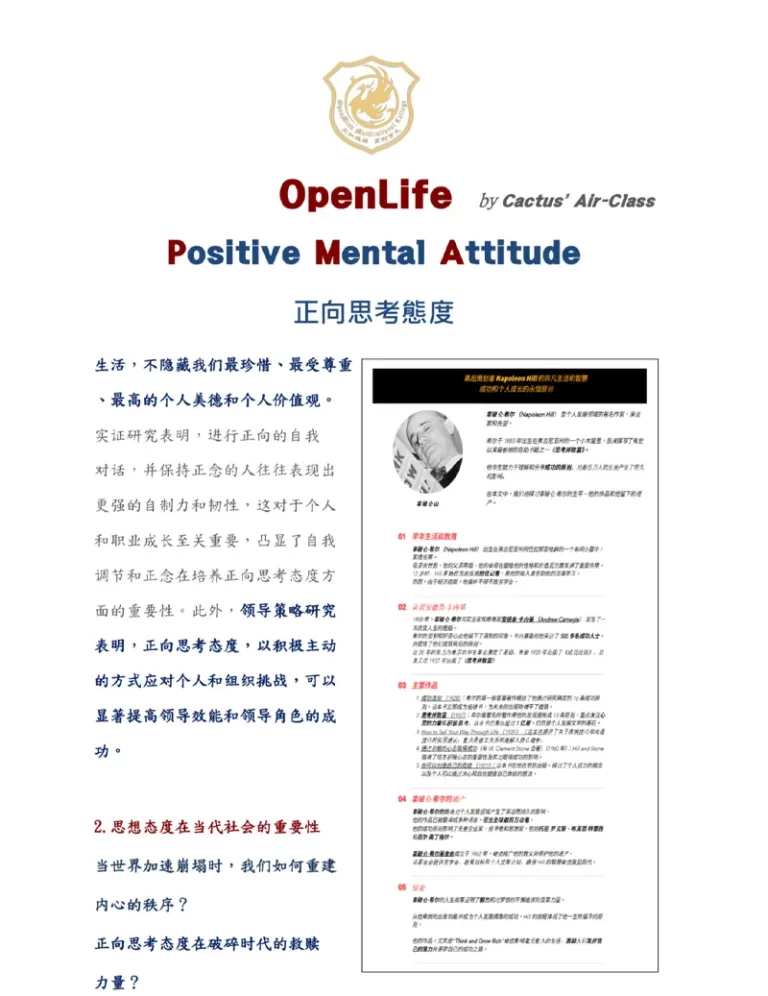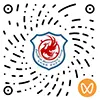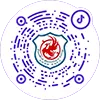这个时代是个体觉醒的浪潮的,后疫情期全球焦虑症发病率上升35%(WHO数据),Z世代至中年群体普遍存在「清醒着内耗」的心理困境;而传统嘶声呐喊的成功学及心灵鸡汤普遍失效,市场亟需「有神经科学背书的系统性心态训练」,这是资讯发达人人都在找真相的结果。
企业组织面对效率效能已成刚需,企业为员工心理问题导致的「隐性生产力流失」,付出了年均薪的 15%代价(盖洛普调研),英明的管理者不得不正视员工的心力问题並付诸行动,将PMA类课程作为「人才反脆弱性投资」,提升团队变革适应力,值得一提的是,团队组织的士气力量,是AI不能直接处理的事。
教育范式必须要转型,家长从「成绩焦虑」转向「心理免疫力焦虑」,青少年抗挫力培养成教育消费新热点,先进城市的学校教育体系已经开始采购社会情绪学习(SEL)课程作为素质教育基建,当然,这种基建必须从教育工作者及家长,从上而下地伸延到学生,这个秩序是不容置疑的。
PMA课程精准锚定三大类朋友:
1. 自救型个体:被焦虑抑郁情绪困扰的高知职场人。
2. 赋能型家长:关注子女心理健康的中产家庭。
3. 前瞻型组织:需构建心理资本储备的科技创新企业。
PMA不是教你乐观,而是让你拥有「选择思维模式的自由权」—— 从被动承受心理耗损,到主动设计认知路径,舍下冗繁的理论,给您落地且带来轻松简快的效果。
Core Highlights of PMA Course
This era is a wave of individual awakening. In the post epidemic period, the incidence rate of global anxiety disorder has increased by 35% (WHO data). The psychological dilemma of “conscious internal friction” is common among the Z-generation to middle-aged groups. However, the traditional methods of success and emotional support, such as shouting and screaming, are generally ineffective, and the market urgently needs “systematic mindset training with neuroscience endorsement”. This is the result of everyone’s search for the truth with advanced information technology.
The efficiency and effectiveness of enterprise organizations have become a necessity, and companies have paid a price of 15% of their annual salary for the “hidden productivity loss” caused by employee psychological problems (Gallup survey). Wise managers have to face the psychological problems of employees and take action, using PMA courses as “talent anti vulnerability investments” to enhance team change adaptability. It is worth mentioning that the morale of team organizations cannot be directly handled by AI.
The educational paradigm must undergo a transformation, with parents shifting from “academic anxiety” to “psychological immune anxiety”, and the cultivation of adolescent resilience becoming a new hotspot in educational consumption. The school education system in advanced cities has begun to purchase Social Emotional Learning (SEL) courses as a quality education infrastructure. Of course, this infrastructure must extend from educators and parents, from top to bottom, to students. This order is beyond doubt.
PMA courses accurately anchor three major categories of people :
1. Self rescue individuals: Highly educated professionals who are troubled by anxiety and depression.
2. Empowering Parents: Middle class families that focus on their children’s mental health.
3. Forward looking organization: A technology innovation enterprise that needs to build psychological capital reserves.
PMA does not teach you optimism, but gives you the “freedom to choose your thinking mode” – from passively enduring psychological wear and tear, to actively designing cognitive pathways, abandoning cumbersome theories, and bringing you easy and simple results.







